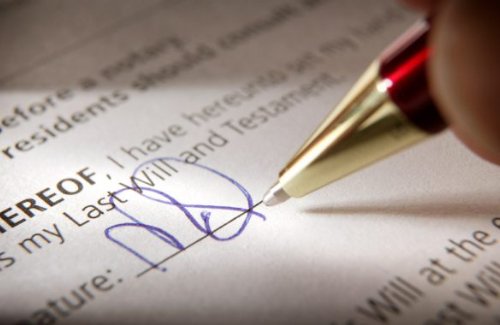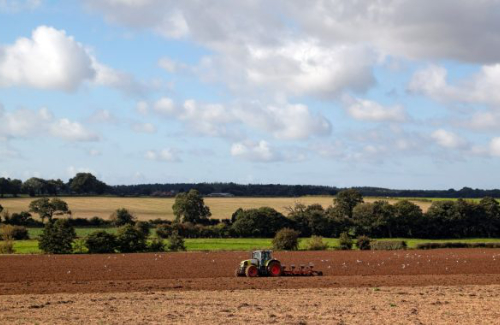
Wills
Everyone should make a Will but, for some, this may not be an easy topic of conversation. At Frank Smith & Co Solicitors we try to make this as easy as possible for our clients with our friendly and knowledgeable advice.
Our lawyers specialise in writing Wills and understand the concerns and challenges involved in making a Will no matter how simple or complex your affairs.
A Will is a legal document that sets out what happens to your possessions and assets when you die. Once you have a valid Will in place, you can be assured that when you die, your family and friends will be able to administer your estate according to your wishes. Your Will must be validly signed and some of the things it may include are;
- Who will sort out your estate and carry out your wishes after your death (your Executors)
- Who will look after any children under the age of 18 (your Guardians)
- Who you want to benefit from your estate (the Beneficiaries)
- What happens to your estate if your Beneficiaries have died before you do
- Your funeral wishe
If you do not have a Will, the statutory rules of intestacy take effect, and lay down a strict order as to who will administer the estate and who will inherit it. In other words, you or your intended beneficiaries will not have a say in how your estate is handled. This can cause issues particularly in families with second marriages or children from a previous relationship or if you feel it is important to control how your assets should be used and at what age.
Many people consider that they are too young to make a Will, but we strongly recommend that any parent or guardian with a child or children under the age of 18 make a Will as a matter of importance. In your Will you can appoint who will look after and raise your children in the event that both parents die (assuming both have ‘parental responsibility’). If you have not appointed legal Guardians, then in these circumstances the court will have authority over your children and will decide who is appropriate to look after them.
Where clients already have an existing Will we strongly recommend that they are reviewed at least every 5 years, or sooner if there has been a major change in your circumstances. This may be:
- The birth of a new child or grandchild
- if an Executor or Beneficiary has died
- If you are getting married (this automatically cancels any existing Will you may have)
- if you have become separated or divorced
- Receiving an inheritance
When you have signed your Will we can store the original for you in our secure storage facility.
It can be helpful to think about what you want to leave and who you want to leave it to before you see us for your appointment.
This questionnaire is intended as a guide for our clients and if there are any parts of it that you wish to discuss further then you can leave that until we meet face-to-face. The most important information you can start to provide are your family details and a summary of your assets.
Get in Touch
Direct Dial: 01242 358181






